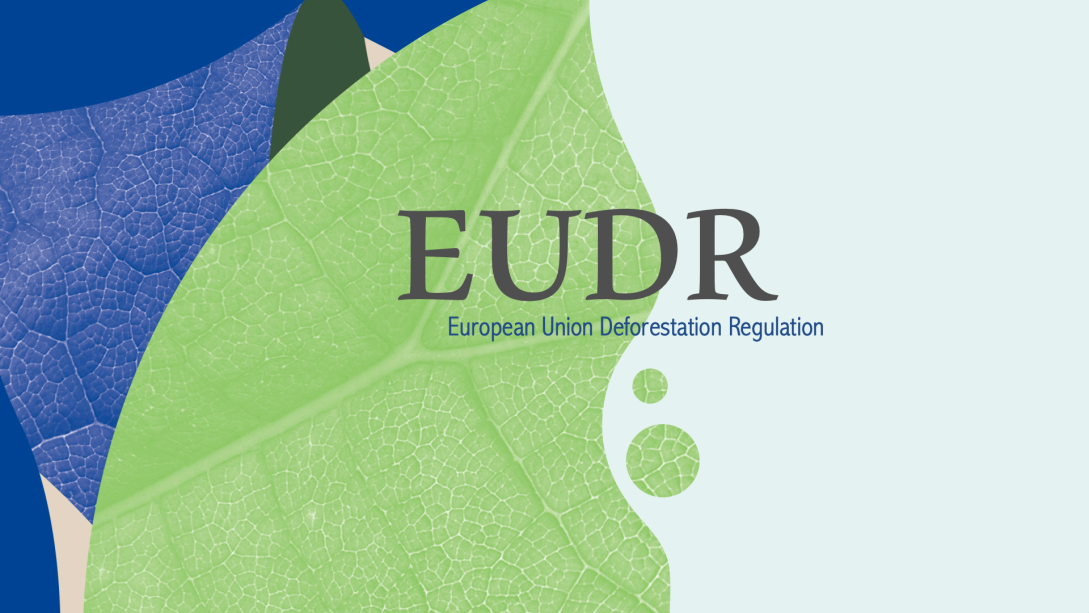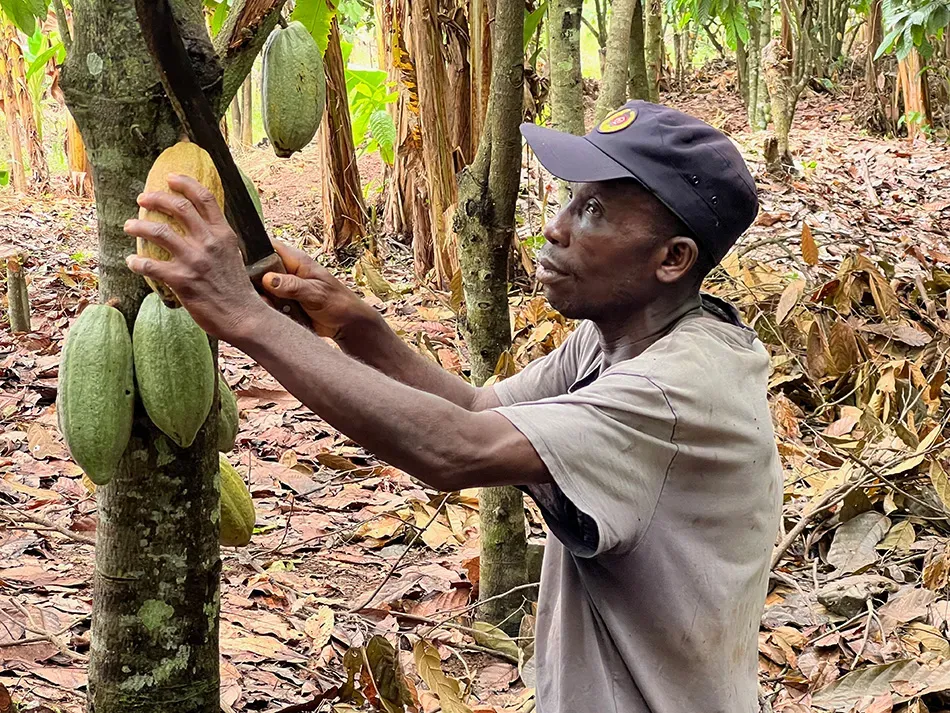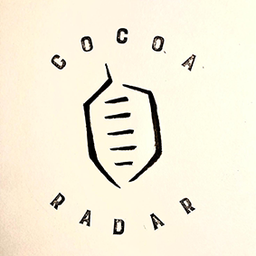According to the research published in Geoforum, small-holder farmers in Ghana and Cote d’Ivoire—where two-thirds of the world’s cocoa is grown - are likely to suffer most as an unintended consequence of the policy, which is due to come into force on 30 December 2025.
The European Union’s Deforestation-free Regulation (EUDR) aims to curb global forest loss by requiring companies to trace agricultural commodities like cocoa back to non-deforested land.
Written contracts
Written contracts may help companies meet sustainability standards, but they limit farmers’ flexibility in choosing buyers and often exclude the most marginalized growers, according to the research.
“Smallholder farmers are the least visible actors in global value chains, yet they’re being asked to shoulder the burden of sustainability compliance,” says Carodenuto. “Our research shows that the EUDR could formalize away their voice—especially those farming near forest frontiers where deforestation risks are highest.”
The study is based on in-depth fieldwork and 107 interviews conducted across Ghana and Cote d’Ivoire, offering a political economy perspective on contract governance in cocoa supply chains.
Top-down control
It reveals that while informal arrangements offer more flexibility and negotiation power to farmers, formal contracts tied to EU-driven sustainability goals may reinforce top-down control.
It also highlights that as mandatory due diligence is increasingly legislated, ‘what is arguably lacking in this policy landscape is attention to the political economy of the supply chain.'
Regulatory landscapes
Specifically, the researchers believe it is essential to study how power, politics, and legal ideologies manifest the influence of these new forms of sustainability governance as corporations respond to the changing regulatory landscape.
‘The rapidly evolving foreign corporate accountability requirements appear to be clashing with the seemingly opaque modus operandi of the sector,’ it concludes.
Carodenuto’s work reflects UVic’s commitment to the United Nations Sustainable Development Goal 12: Responsible Consumption and Production, as well as its leadership in sustainable food systems.
In its introduction, the authors refer to similar studies in other commodities: ‘This research is motivated by the recent proliferation of foreign corporate accountability legislation (also termed mandatory supply chain due diligence) in the main world’s cocoa-consuming jurisdictions, which we believe may accelerate on-going domestic efforts to formalize the cocoa sector in Cote d’Ivoire and Ghana, similar to the experience of the timber sector.’
Inclusive sustainability
This latest research from UVic underscores what many cocoa actors have been calling for—the need for a more inclusive sustainability policy design, one that considers power, equity, and voice, in addition to traceability.

11 EU member states renew calls to delay EUDR - again
In another new development, Reuters has reported that 11 countries, led by Austria and Luxembourg, are now demanding that the European Commission (EC) further simplify the EUDR rules and urge a delay in the application date.
cocoaradar.com has also seen a document with information from Luxembourg and Austria, supported by Bulgaria, Croatia, Czechia, Finland, Italy, Latvia, Portugal, Romania, and Slovenia, calling for a simplification of legislation, citing difficulties in implementing the legislation.
"The requirements imposed on farmers and foresters remain high, if not impossible to implement. They are disproportionate to the regulation's objective," the countries said in the document.
EU agriculture ministers have yet to respond formally.
- From the Desk of CocoaRadar is the official media partner ECA 9th European Cocoa Forum.
- 'From Our Desk. To Yours. Daily.'
- Sign-up here for free and upgrade to an annual plan with a 25% discount


